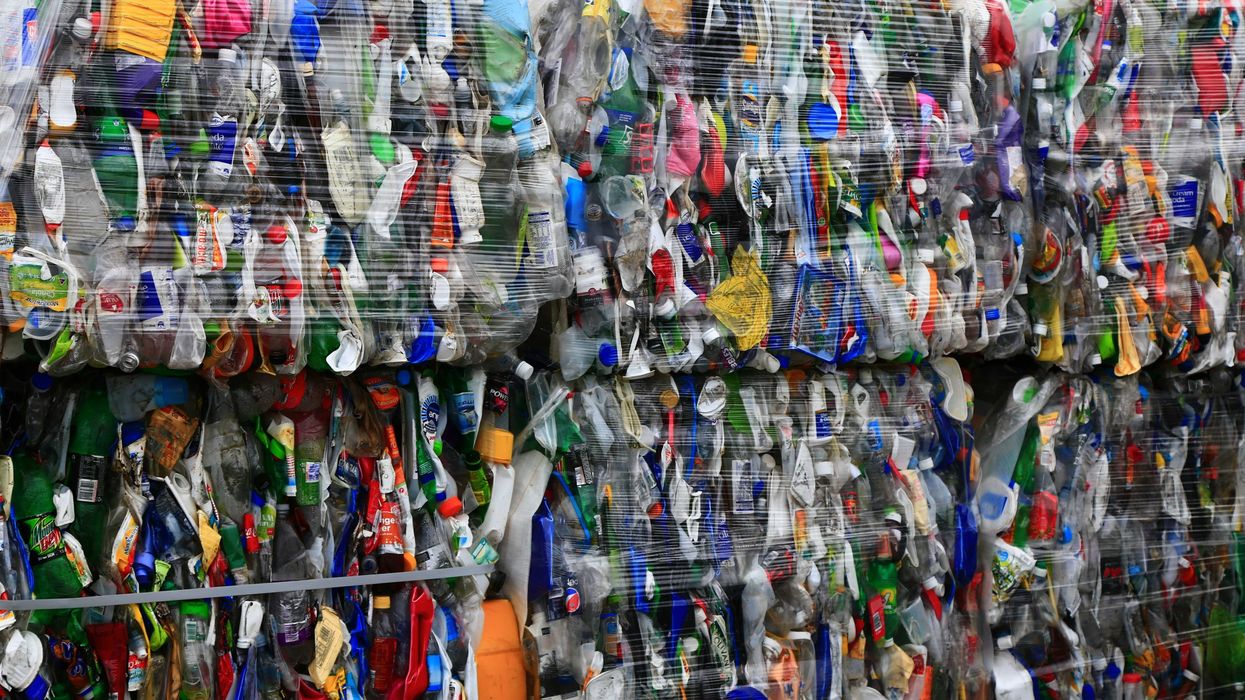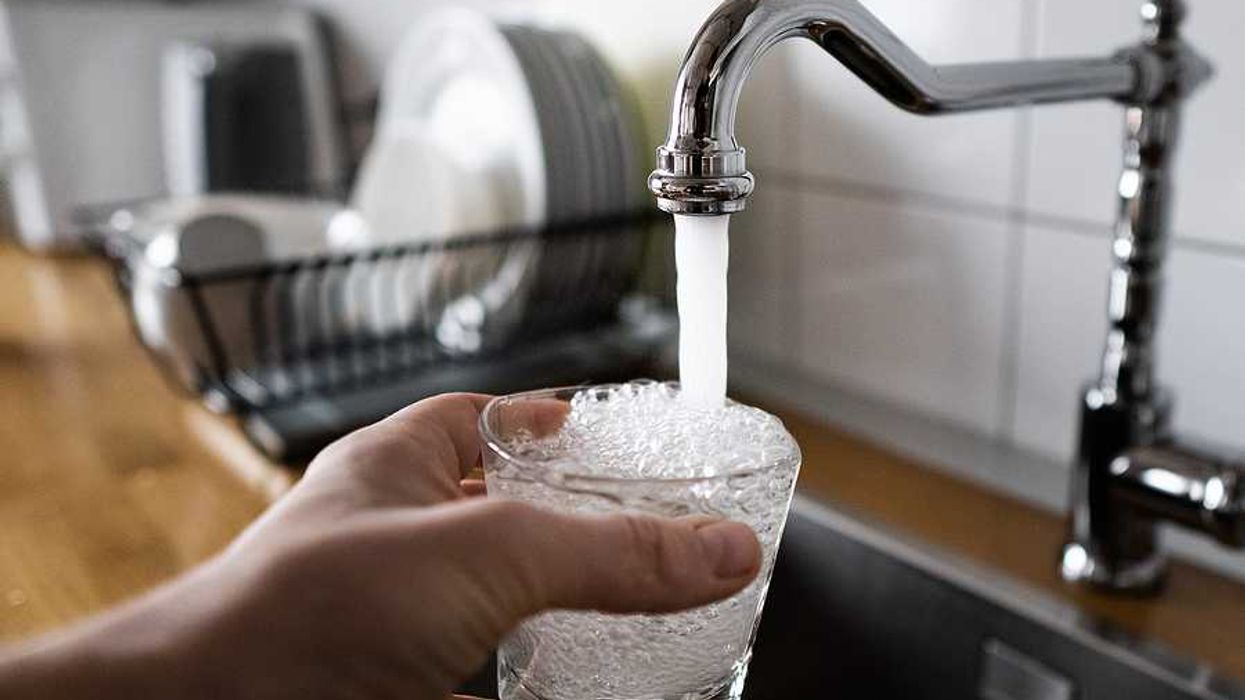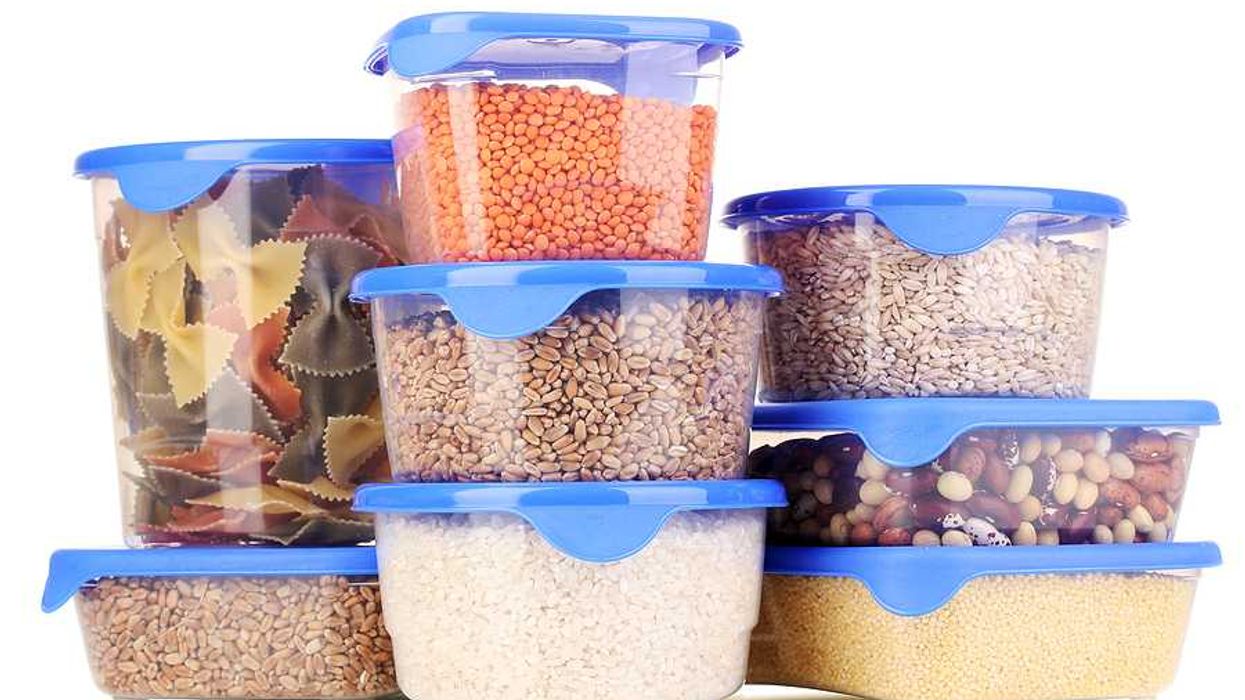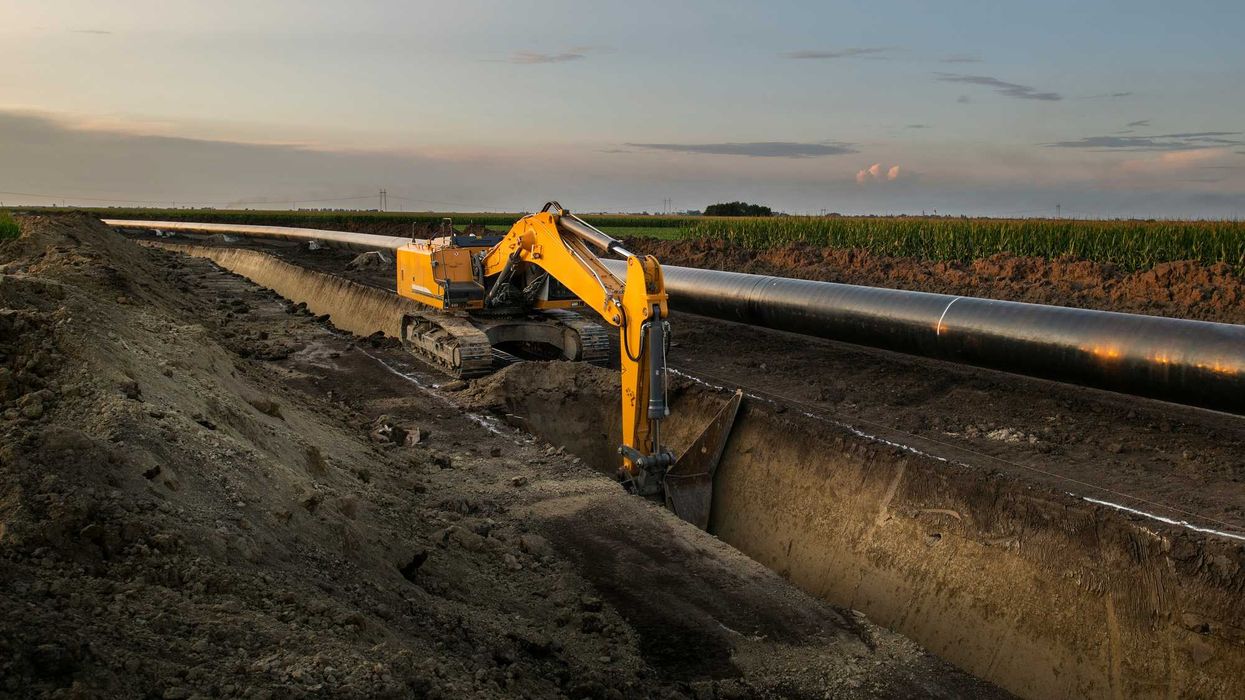Nearly half of U.S. prisons may be exposed to harmful "forever chemicals" in their water supply, raising concerns over health inequities and human rights within the justice system.
Sharon Udasin reports for The Hill.
In short:
- A study found that 47% of prison facilities are potentially affected by PFAS pollution, impacting roughly 990,000 people, including juveniles.
- Researchers stress the vulnerability of incarcerated people to PFAS due to limited exposure mitigation options.
- The findings underscore environmental justice issues, noting the disproportionate representation of people from marginalized communities within the prison population.
Key quote:
"If you think of the incarcerated population as a city spread out over this vast archipelago of carceral facilities, it would be the fifth largest city in the country."
— Nicholas Shapiro, senior author and medical anthropologist at the University of California, Los Angeles
Why this matters:
Research indicates that a significant proportion of America's carceral facilities are located in areas likely contaminated with PFAS, exacerbating health risks for incarcerated populations, which are already in worse health overall compared to the general population.
But PFAS is also a broad threat to U.S. drinking water: Last year, the EPA released proposed drinking water standards for six “forever chemicals.” The announcement came after years of pleas from exposed communities, scientists and health and environmental activists.














